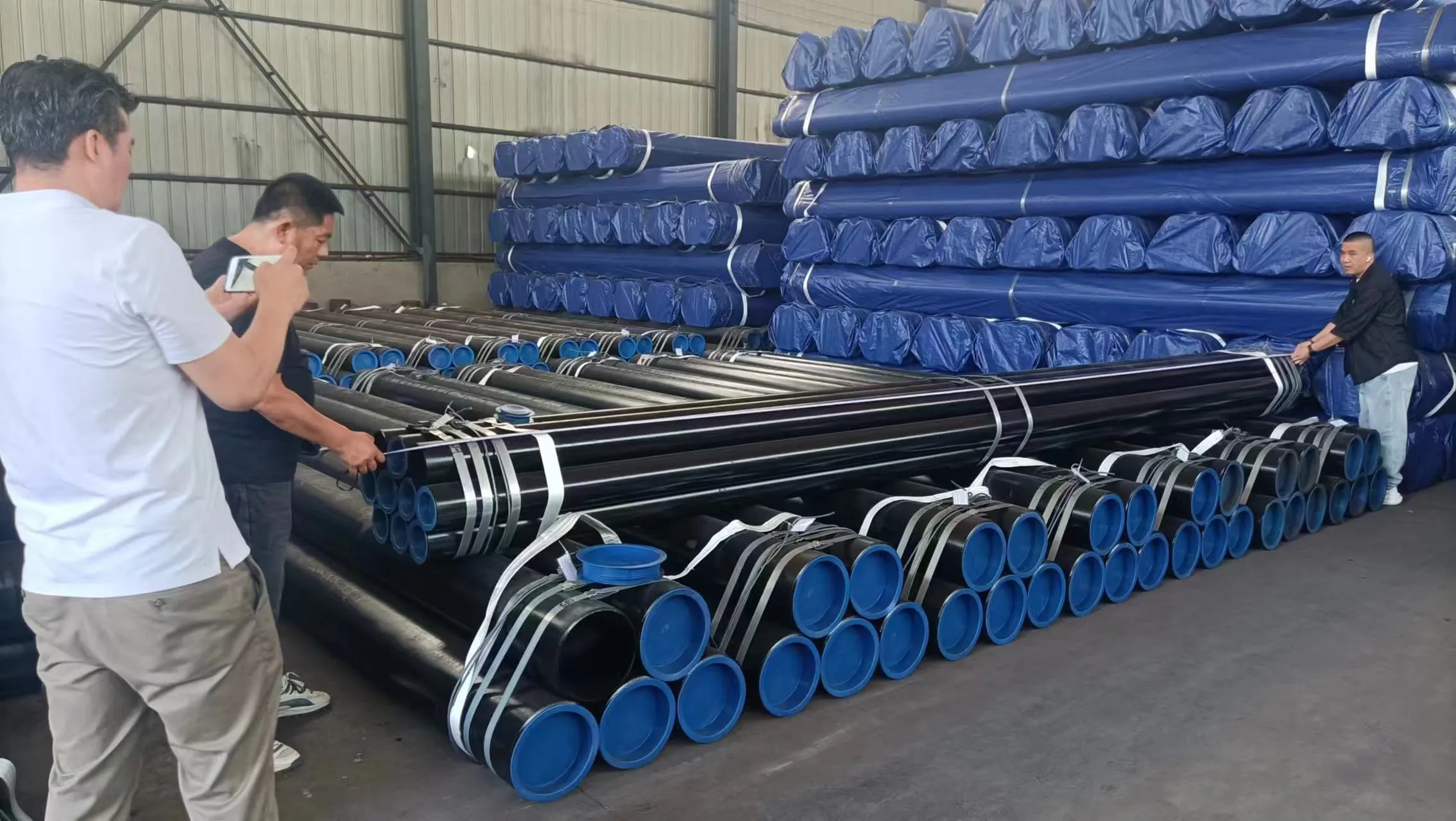-
Cangzhou Yulong Steel Co., Ltd.
-
Phone:
+86 13303177267 -
Email:
admin@ylsteelfittings.com
- English
- Arabic
- Italian
- Spanish
- Portuguese
- German
- kazakh
- Persian
- Greek
- French
- Russian
- Polish
- Thai
- Indonesian
- Vietnamese
- Zulu
- Korean
- Uzbek
- Hindi
- Serbian
- Malay
- Ukrainian
- Gujarati
- Haitian Creole
- hausa
- hawaiian
- Hebrew
- Miao
- Hungarian
- Icelandic
- igbo
- irish
- Japanese
- Javanese
- Kannada
- Khmer
- Rwandese
- Afrikaans
- Albanian
- Amharic
- Armenian
- Azerbaijani
- Basque
- Belarusian
- Bengali
- Bosnian
- Bulgarian
- Catalan
- Cebuano
- China
- China (Taiwan)
- Corsican
- Croatian
- Czech
- Danish
- Esperanto
- Estonian
- Finnish
- Frisian
- Galician
- Georgian
- Kurdish
- Kyrgyz
- Lao
- Latin
- Latvian
- Lithuanian
- Luxembourgish
- Macedonian
- Malgashi
- Malayalam
- Maltese
- Maori
- Marathi
- Mongolian
- Myanmar
- Nepali
- Norwegian
- Norwegian
- Occitan
- Pashto
- Dutch
- Punjabi
- Romanian
- Samoan
- Scottish Gaelic
- Sesotho
- Shona
- Sindhi
- Sinhala
- Slovak
- Slovenian
- Somali
- Sundanese
- Swahili
- Swedish
- Tagalog
- Tajik
- Tamil
- Tatar
- Telugu
- Turkish
- Turkmen
- Urdu
- Uighur
- Welsh
- Bantu
- Yiddish
- Yoruba

Dec . 09, 2024 23:59 Back to list
Metal Water Pipe Specifications and Benefits for Efficient Fluid Transport Systems
The Importance of Metal Water Pipes A Comprehensive Overview
Water systems are the lifeblood of modern civilization, and the materials used in their construction are paramount for efficiency, longevity, and safety. Among various options available in the market, metal water pipes have gained prominence due to their durability, mechanical strength, and corrosion resistance. This article delves into the significance of metal water pipes, their types, advantages, and the environmental considerations associated with their use.
Types of Metal Water Pipes
Metal water pipes are primarily categorized into two types copper pipes and galvanized steel pipes.
1. Copper Pipes Widely recognized for their outstanding thermal conductivity and resistance to corrosion, copper pipes are commonly used in residential plumbing. They come in different forms, such as rigid and flexible, making them versatile for various applications. Copper’s natural antimicrobial properties also make it a wise choice for drinking water systems.
2. Galvanized Steel Pipes These pipes are coated with zinc to prevent rust and corrosion. Although less common in new construction due to the rise of plastic alternatives, galvanized steel pipes were widely used in homes built before the 1960s. They are still prevalent in some industrial applications due to their robustness and ability to handle high water pressure.
Advantages of Metal Water Pipes
Metal water pipes offer several distinct advantages that make them a preferred choice for many plumbing applications
- Durability Metal pipes are known for their strength and longevity. They can withstand high pressure and extreme temperatures, making them suitable for both hot and cold water systems.
metal water pipe

- Corrosion Resistance While traditional steel can rust, the galvanization process significantly enhances the corrosion resistance of galvanized steel pipes. Copper pipes, on the other hand, develop a protective layer of patina over time that prevents further corrosion.
- Recyclability With growing environmental concerns, the recyclability of metal pipes is a significant benefit. Both copper and steel can be recycled, reducing the environmental impact associated with producing new materials.
- Safety and Hygiene Metal pipes do not leach harmful chemicals into the water, which can be a concern with some plastic alternatives. The antimicrobial properties of copper also help in maintaining water quality, making it safe for consumption.
Environmental Considerations
Despite their advantages, the use of metal water pipes is not without its environmental challenges. The extraction and processing of metals can lead to significant ecological disruption. Mining for copper and steel often involves substantial land degradation, habitat destruction, and pollution. Moreover, the energy-intensive processes required to manufacture metal pipes contribute to carbon emissions.
To mitigate these impacts, it is essential to adopt sustainable practices in the production and use of metal pipes. This can include sourcing metals responsibly, investing in energy-efficient manufacturing processes, and promoting the recycling of old pipes to minimize waste.
Conclusion
In the realm of plumbing, metal water pipes stand out as a reliable and durable option. Their ability to withstand adverse conditions, paired with safety and hygiene, makes them an enduring choice in both residential and industrial applications. However, the environmental implications associated with their production require careful consideration and action. By promoting sustainable practices and recycling initiatives, we can harness the benefits of metal water pipes while minimizing their ecological footprint.
As we move towards a more resource-conscious future, understanding the significance of the materials we use in our water systems will be crucial. Metal pipes, with their rich history and lasting performance, will undoubtedly continue to play a critical role in ensuring our water systems remain efficient and sustainable for generations to come.
Latest news
-
ANSI 150P SS304 SO FLANGE
NewsFeb.14,2025
-
ASTM A333GR6 STEEL PIPE
NewsJan.20,2025
-
ANSI B16.5 WELDING NECK FLANGE
NewsJan.15,2026
-
ANSI B16.5 SLIP-ON FLANGE
NewsApr.19,2024
-
SABS 1123 FLANGE
NewsJan.15,2025
-
DIN86044 PLATE FLANGE
NewsApr.19,2024
-
DIN2527 BLIND FLANGE
NewsApr.12,2024
-
JIS B2311 Butt-Welding Fittings LR/SR 45°/90° /180°Seamless/Weld
NewsApr.23,2024











